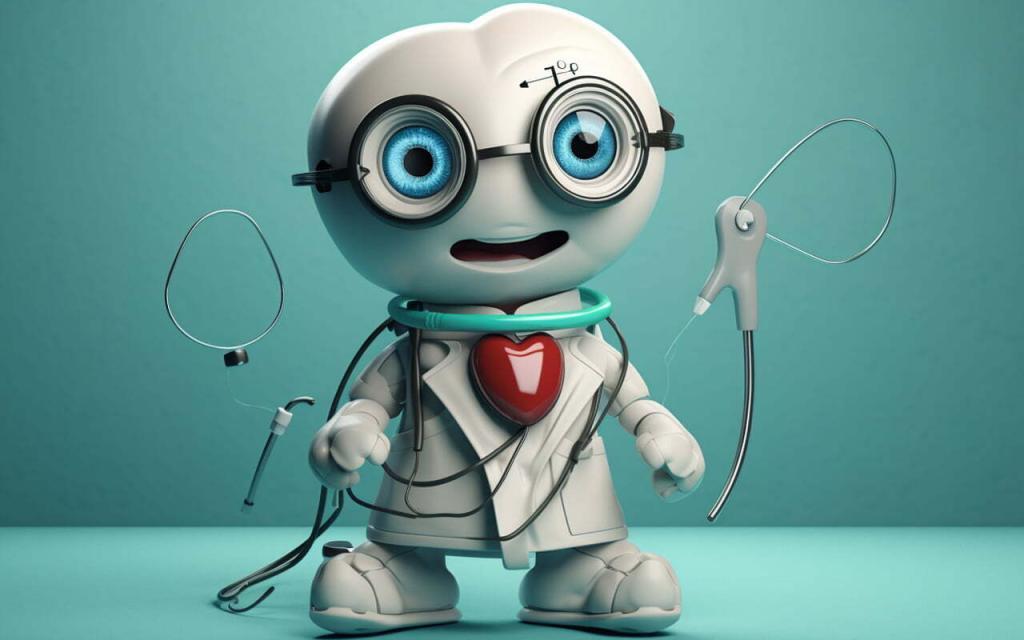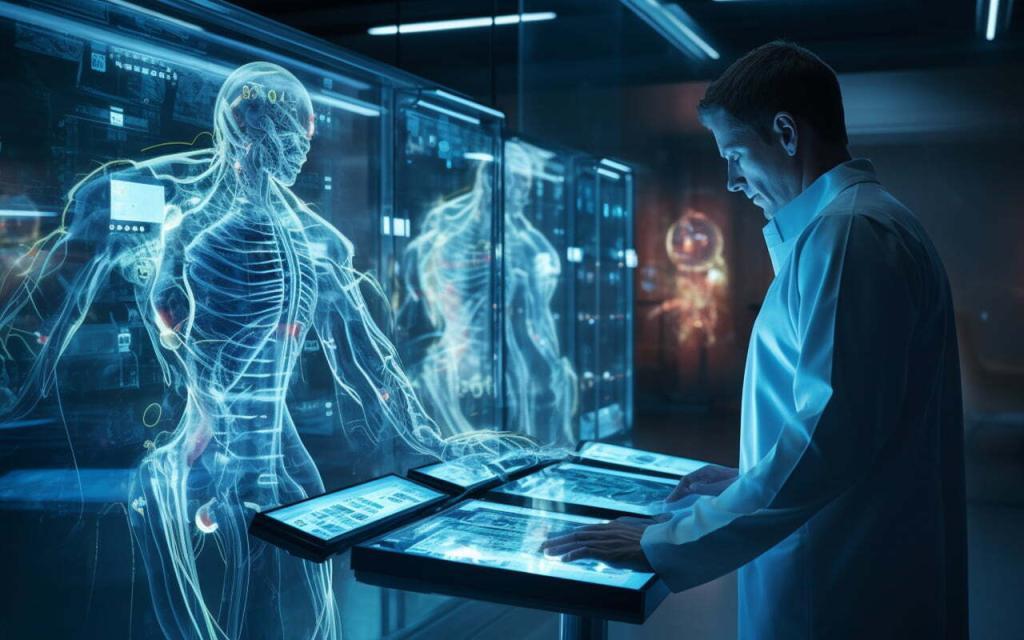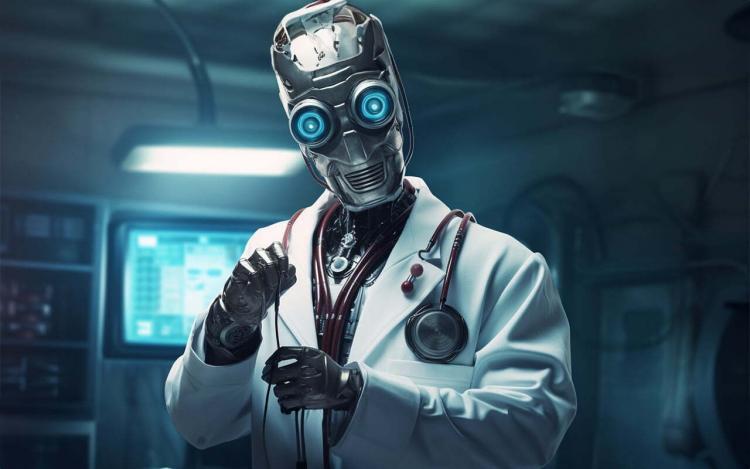Google Chatbot Experiments
Researchers at Google Health note that AMIE is still in the experimental phase and has not been tested on people with real health problems. However, it is thought that the AI system could democratize healthcare in the future. Adam Rodman, a doctor of internal medicine at Harvard Medical School, emphasizes that AI can be used as an assistive tool, but human relationships are a fundamental factor in medicine.

Google Chatbots Make Medical Diagnoses
Vivek Natarajan, Google’s AI research scientist, highlights the challenge for AI to use real-world medical conversations. To overcome the inadequacy of real medical conversations as training data, the researchers developed a special method to train the chatbot on its own ‘conversations’. Beyond replacing doctors, the researchers argue that AI could be used to provide support to patients without access to healthcare. However, more detailed studies are needed for the system to assess bias and protect confidentiality.
Artificial Intelligence and Medicine
The development of artificial intelligence and the advancement of technology are democratizing healthcare. So what does the future hold for medicine and artificial intelligence? Google’s chatbot experiments are leading us to rethink the role of AI in medicine. The experiments show that AI chatbots can be effective in medical diagnoses, but emphasize that they should play a supportive role, not replace human doctors. The use of AI in medicine is likely to require further research and development to ensure the safety, effectiveness and privacy of the technology. In this process, AI chatbots are expected to provide more effective support to patients.















